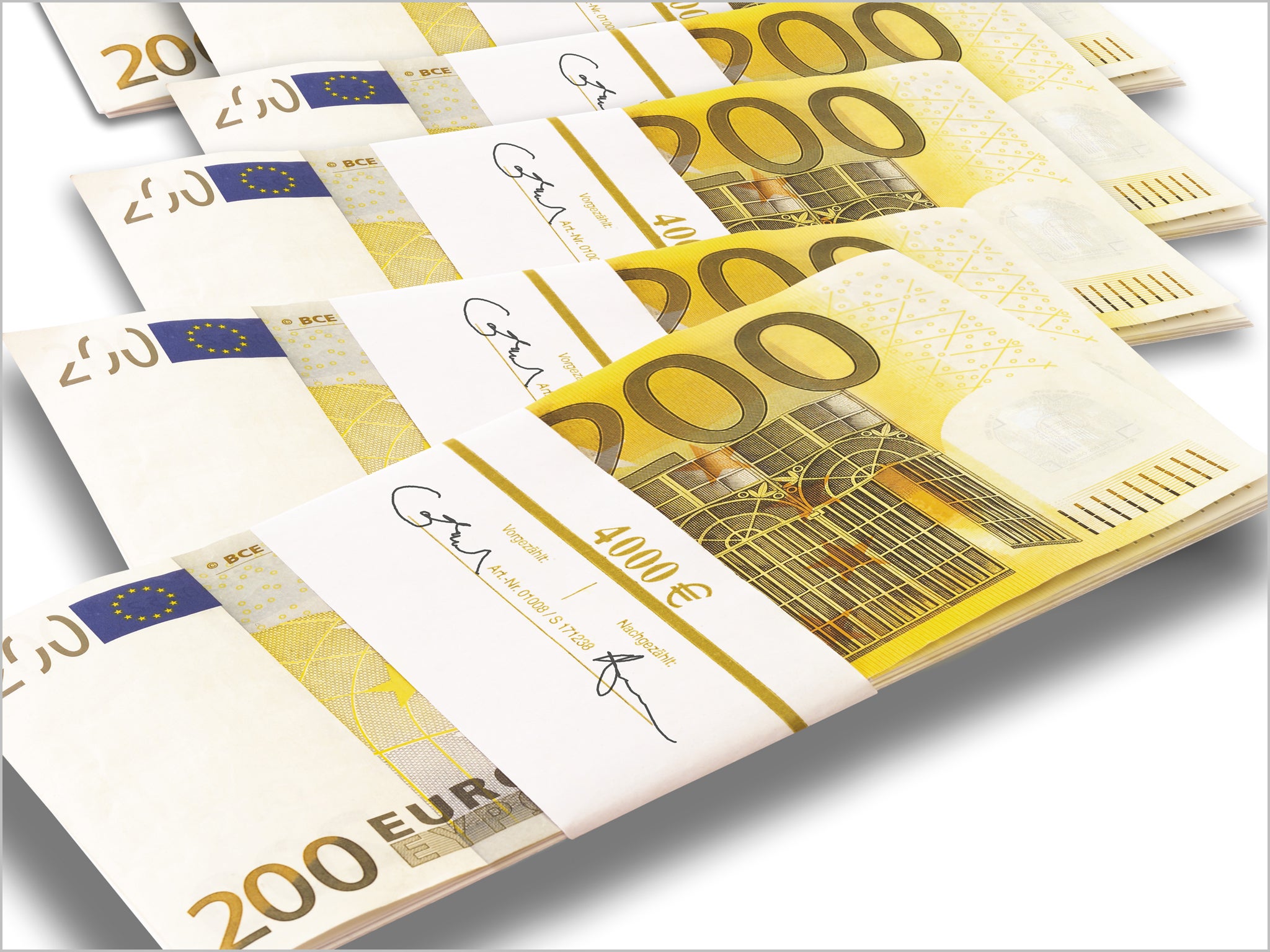Just what the euro needs - another new member with a creaking economy
Croatia already effectively lives with interest rate decisions made by the European Central Bank so it might as well sign up for full membership


Your support helps us to tell the story
From reproductive rights to climate change to Big Tech, The Independent is on the ground when the story is developing. Whether it's investigating the financials of Elon Musk's pro-Trump PAC or producing our latest documentary, 'The A Word', which shines a light on the American women fighting for reproductive rights, we know how important it is to parse out the facts from the messaging.
At such a critical moment in US history, we need reporters on the ground. Your donation allows us to keep sending journalists to speak to both sides of the story.
The Independent is trusted by Americans across the entire political spectrum. And unlike many other quality news outlets, we choose not to lock Americans out of our reporting and analysis with paywalls. We believe quality journalism should be available to everyone, paid for by those who can afford it.
Your support makes all the difference.Small nations haven’t had a very pleasant time in the single currency of late. Ask Greece, Portugal and Ireland. So why does little Croatia still want to join? When asked the question, the country’s central bank boss, Boris Vujcic, has quoted Bob Dylan: “When you ain’t got nothing, you’ve got nothing to lose”.
Vujcic’s point is that Croatia already lacks monetary independence because euros are so widely used in the small Balkan state. Since it effectively lives with interest rate decisions made by the European Central Bank in Frankfurt, Croatia might as well sign up for full membership. Then it will at least get a vote on the ECB board.
Croatia doesn’t exactly have “nothing” of course. Gross domestic product per head, at around £12,000 adjusted for the purchasing power of the existing local currency, is about 50 per cent higher than other Balkan states. But the Croatian economy is also in considerable trouble already. It has been contracting since the end of 2011. Unemployment is at 18 per cent and rising, while youth joblessness has breached 50 per cent – a rate to match Spain and Greece.
The country is hoping that single currency membership will boost trade and foreign investment. Given that 60 per cent of Croatia’s exports go to Europe, with Germany and Italy the country’s biggest trade partners, that has some logic. Provided, of course, that the eurozone itself recovers in the coming years.
But what does euro membership for Croatia mean for the rest of the single currency club? With its twin budget and current account deficits and its relatively uncompetitive labour costs Croatia has similar characteristics to some of the other Club Med states that have had to be propped up by northern neighbours in recent years. If things go badly wrong, the eurozone could potentially end up with another costly bailout on its hands. Croatia may have nothing to lose by it joining the euro, but others might.
Join our commenting forum
Join thought-provoking conversations, follow other Independent readers and see their replies
Comments